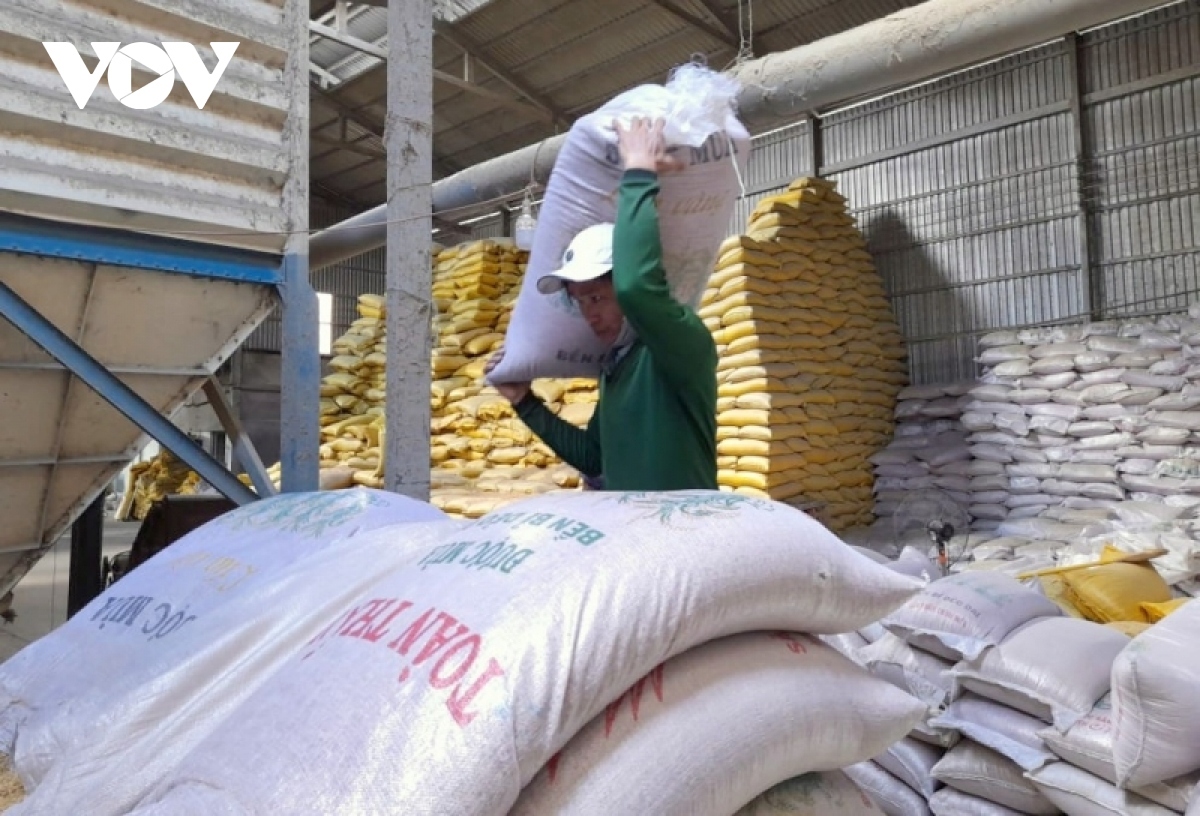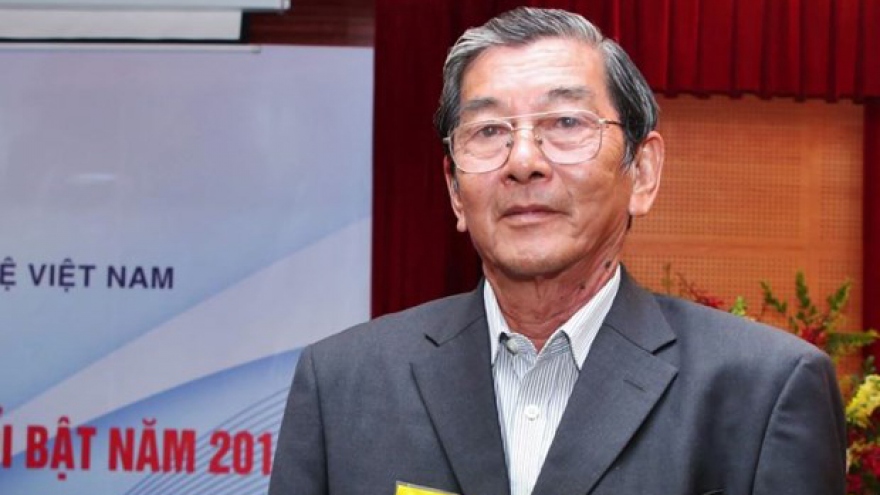Vietnamese rice price soars amid India tightening export restrictions
VOV.VN - India’s official ban placed on broken rice has led to a negative impact on the global rice market, resulting in the price of Vietnamese rice to increase sharply and surpass that of Thai rice, according to details given by the Vietnam Food Association (VFA).
The VFA revealed that Vietnamese 5% broken rice is currently traded at US$428 per tonne, a rise of US$5 per tonne from late September and up US$35 per tonne compared to the period when India put the export restrictions into effect.
Thailand's 5% broken rice is now being sold at US$422 per tonne, a decline of US$1, while Indian rice stood at US$378 per tonne, a drop of US$15 from late September. In terms of the global rice market, the price of Vietnamese rice has now surpassed that of Thailand.
Furthermore, Vietnam’s 25% broken rice was traded at US$408 per tonne, an increase of US$5 compared to the end of September, while the rice price of Thailand, India, and Pakistan hovered at US$406, US$363, and US$371 per tonne, respectively.
India’s official ban placed on broken rice and the imposition of a 20% export tax on other rice varieties is anticipated to make the price of Vietnamese rice increase further and surpass that of Thailand in the future, according to predictions made by the Institute of Policy and Strategy for Agriculture and Rural Development.
Furthermore, firms are likely to become short of supply sources from India, while animal feed manufacturers still have great demand. This move is anticipated to make Vietnamese broken rice and by-products edge up in the near future.
Over the past few days, the export price of Vietnamese rice has increased by around US$30 per tonne compared to the beginning of September following India moving to tighten rice export restrictions.
With this current trend, many businesses believe that the export price of rice is likely to hit record highs like last year and exceed the set plan of between 6.3 million and 6.5 million tonnes.
With regard to India's ban placed on rice exports, Prime Minister Pham Minh Chinh has requested that the ministries of Agriculture and Rural Development, Industry and Trade, and Finance closely monitor the situation in order to take proper and timely measures.
This should be done as part of national efforts to ensure food security, efficiency in rice export management, as well as stabilising the rice price for the benefit of local farmers.



